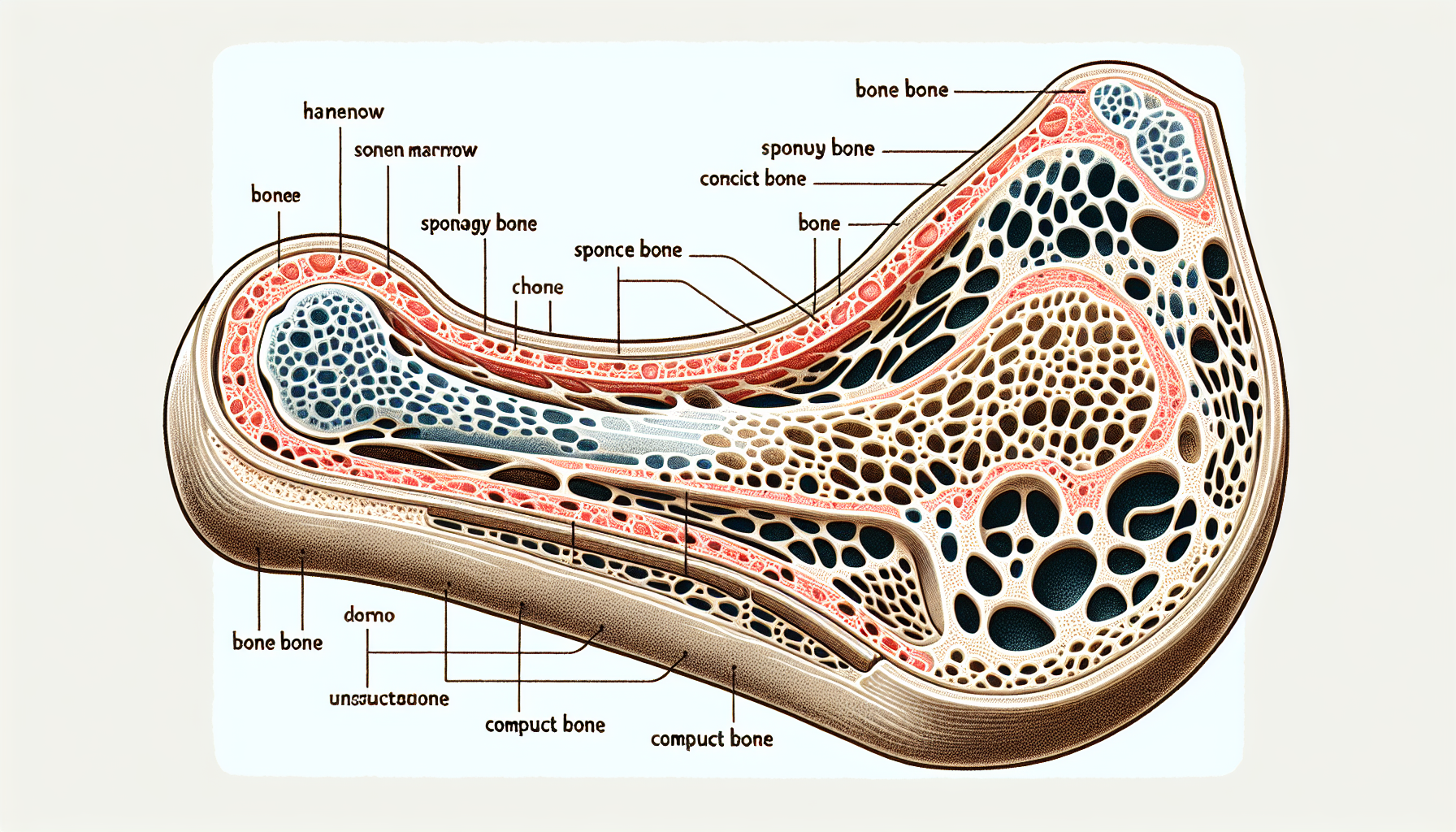As we age, our bones can gradually lose density and strength, a condition often referred to as osteoporosis. This natural process can significantly increase the risk of fractures, which not only affect the quality of life but can also have serious health implications. The good news is that bone density loss is not inevitable. Through lifestyle choices and preventive measures, it’s possible to maintain stronger bones well into later years. In this comprehensive guide, we’ll explore the strategies and practices that can help prevent bone density loss with age.
Understanding Bone Density
Bone density is a measure of the amount of minerals, primarily calcium and phosphorus, contained in a certain volume of bone. It is a crucial indicator of bone strength and overall skeletal health. Bones reach peak density in early adulthood, and after this point, the balance between bone formation and resorption (breakdown) may start to shift, leading to gradual bone loss.
The Role of Nutrition in Bone Health
A well-balanced diet rich in calcium and vitamin D is essential for maintaining bone health. Calcium serves as a building block for bones, while vitamin D enhances calcium absorption and bone growth. Foods like dairy products, leafy greens, and fortified foods are excellent sources of these nutrients. For more insights on dietary strategies, consider reading Dietary Strategies to Improve Bone Mineral Density.
Micronutrients and Bone Metabolism
In addition to calcium and vitamin D, other micronutrients play significant roles in bone metabolism. For instance, magnesium, zinc, and vitamins K and C are vital for bone formation and repair. Copper, which is often overlooked, has been evaluated for its role in bone metabolism and is found to contribute to the maintenance of healthy bones.
Calcium-Rich Foods
Incorporating calcium-rich foods into your diet is a direct strategy to support bone density. Dairy products are well-known sources, but for those with lactose intolerance or dietary preferences that exclude dairy, there are plenty of plant-based options like tofu, almonds, and fortified plant milks.
The Importance of Exercise
Physical activity, particularly weight-bearing and resistance exercises, is crucial for stimulating bone formation. Activities such as walking, running, and strength training apply stress to the bones, which encourages the bone-forming cells to work harder, thus increasing bone density. The role of exercise in preventing bone loss is well-documented and should be a central part of any bone health strategy.
High-Impact Sports and Bone Health
While exercise is generally beneficial for bones, high-impact sports can pose risks if not performed correctly or if overdone. It’s important to assess the impact of high-impact sports on bones and balance them with low-impact exercises as we age to minimize injury and promote longevity in bone health.
Lifestyle Factors Influencing Bone Health
Smoking and Alcohol Intake
Smoking and excessive alcohol consumption are known to accelerate bone density loss. These habits can interfere with the balance of bone remodeling by inhibiting osteoblast function and promoting osteoclast activity, leading to weaker bones.
Medications and Supplements
Some medications can have adverse effects on bone density. For instance, long-term use of glucocorticoids can lead to bone loss. Conversely, certain supplements can support bone health. Medication & Supplements provides guidance on what to consider when using medications and supplements in relation to bone health.
Monitoring and Maintenance of Bone Health
Regular Screenings
Bone density tests, such as DEXA scans, can help monitor bone health and are recommended for individuals at risk of osteoporosis. These tests provide valuable information on bone density levels, allowing for early intervention if needed.
Hormonal Balance
Hormones play a critical role in regulating bone density. For example, estrogen protects bone density in women, and its decline post-menopause can lead to increased bone loss. Hormone replacement therapy may be considered to mitigate this risk, but it’s important to discuss the benefits and risks with a healthcare provider.
The Broader Impact of Bone Health
Bone density loss is not just a standalone issue; it’s interconnected with other health aspects. For instance, there is a connection between bone density and blood pressure, with studies suggesting that high blood pressure can negatively impact bone density.
External Resources for Further Knowledge
To deepen your understanding of bone health and the prevention of bone density loss with age, consider exploring these niche resources:
- The National Osteoporosis Foundation provides in-depth information and resources for individuals looking to understand and manage their bone health.
- The International Osteoporosis Foundation offers a global perspective on bone health, with research, guidelines, and educational materials.
- Pubmed Central (PMC) is a free full-text archive of biomedical and life sciences journal literature, where you can find peer-reviewed articles on bone density research.
Conclusion
Preventing bone density loss with age requires a multifaceted approach that includes a balanced diet, regular exercise, lifestyle modifications, and medical monitoring. By understanding the factors that influence bone health and adopting proactive measures, individuals can maintain stronger bones and reduce the risk of osteoporosis and fractures. Remember, it’s never too early or too late to start taking care of your bones.



